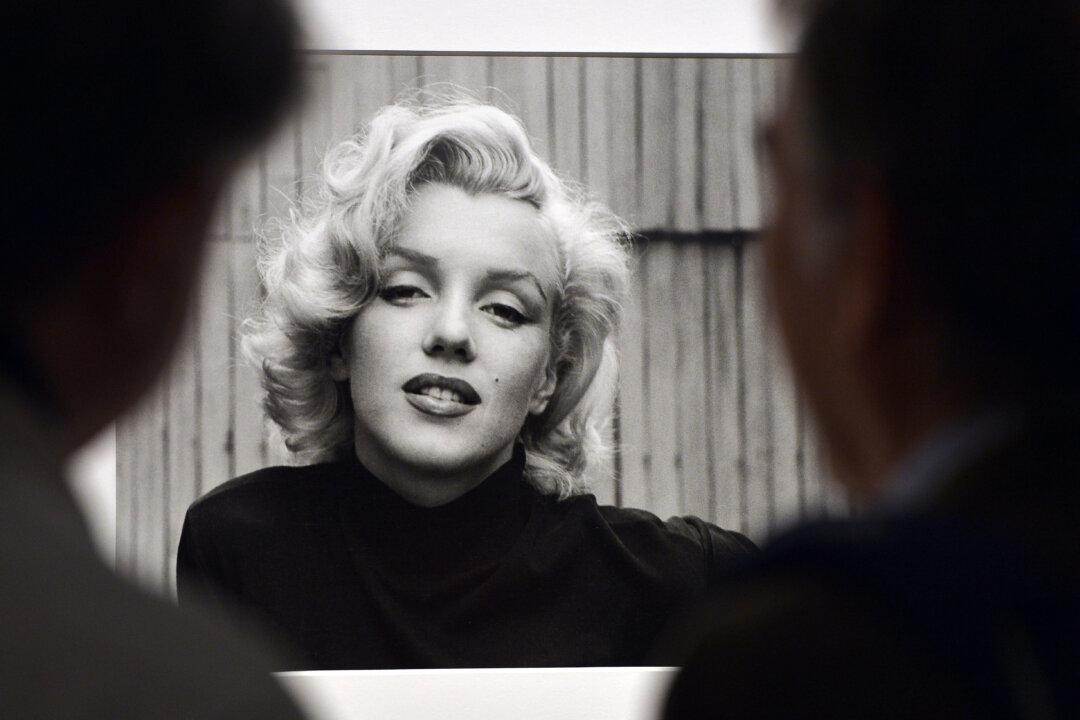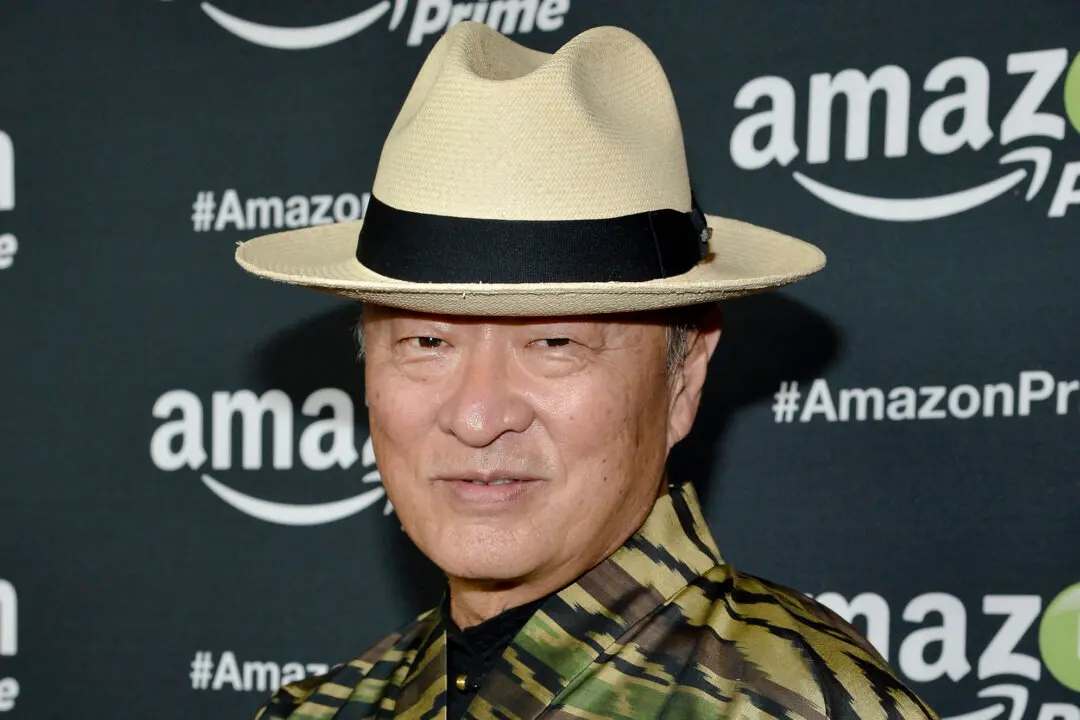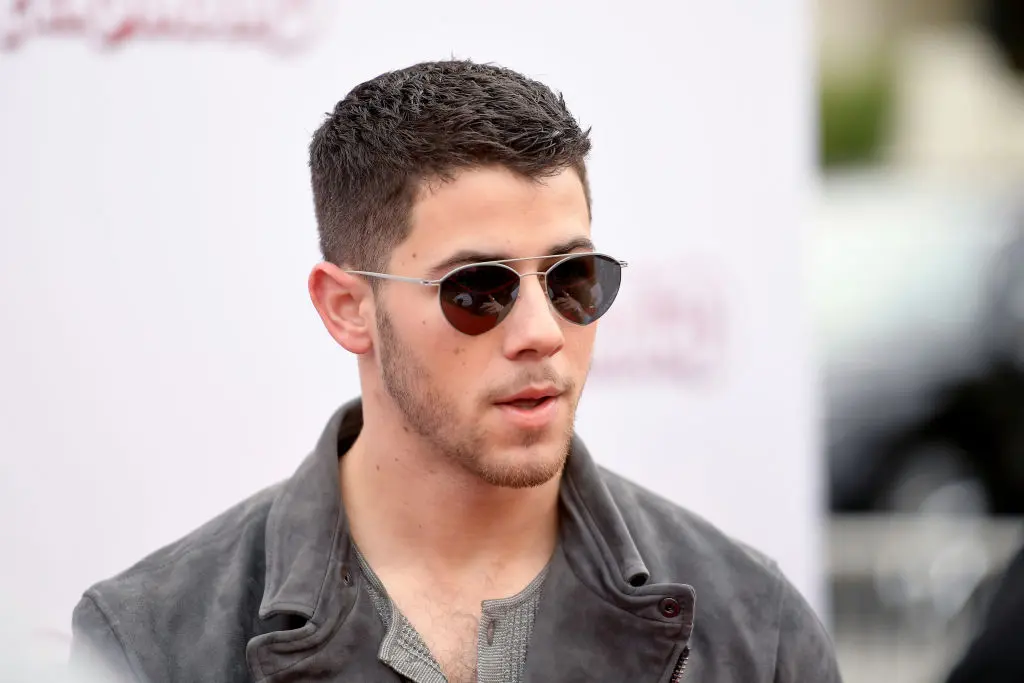Marilyn Monroe, who passed away in 1962 at the age of 36, was artificially brought back to life at South by Southwest, commonly referred to as SXSW, a conference and series of festivals held every March in Austin, Texas.
Soul Machines, a New Zealand-based company that uses biological artificial intelligence (AI) technology to create digital people, unveiled a life-like “Digital Marilyn” during this year’s event—raising ethical concerns about using deceased celebrities’ voices and appearances after their deaths.





